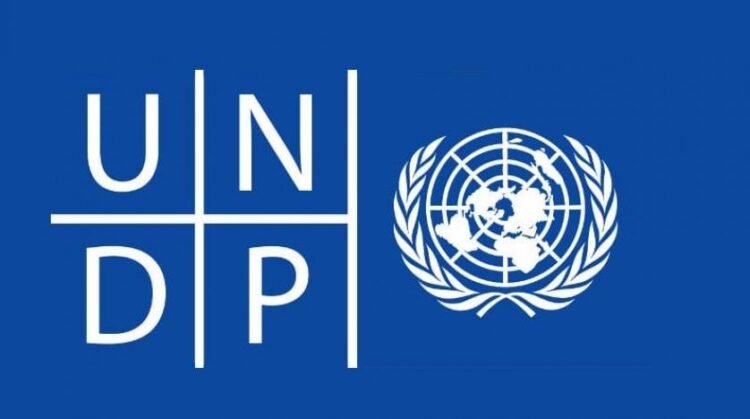Human development slows to weakest pace in 35 years- UNDP
Development
Human development progress worldwide has slowed to its lowest level in 35 years, the UN Development Programme (UNDP) said in a report released Tuesday.
While Türkiye maintained its place in the “very high human development” category with a Human Development Index (HDI) score of 0.853, the global trend points to widening inequalities and stagnation.
The report stressed that projections for 2024 show stalled HDI progress in all regions.
“Rather than showing steady recovery after the exceptional crises of 2020–2021,” the report said, “global progress remains unexpectedly weak.”
With the exception of those crisis years, the projected growth in global human development for 2024 is the weakest since the index was introduced in 1990.
The report warns that development gaps between rich and poor countries are widening, driven by deepening debt, trade tensions, and jobless industrialisation in many lower-income states.
“For decades, we have been on track to reach a very high human development world by 2030, but this deceleration signals a very real threat to global progress,” said UNDP Administrator Achim Steiner.
He cautioned that if 2024’s trend becomes the norm, “that 2030 milestone could slip by decades.”
The report said disparities between countries with the lowest and highest HDI scores have increased for the fourth consecutive year, reversing a decades-long trend of narrowing inequality.
Countries with low HDI scores face acute challenges as global pressures cut off traditional development paths.
The report also presents findings from a new global survey on artificial intelligence (AI).
Half of respondents worldwide believe their jobs could be automated, but 60 per cent view AI as a positive force likely to create new job opportunities — including roles that do not yet exist.
Only 13 per cent said they fear job losses due to AI.
In countries with low and medium HDI scores, 70 per cent expect AI to boost productivity, while two-thirds said they plan to use it within a year in sectors like education, health, or work.
The report calls for a “human-centered” approach to AI.
It urges investment in education and healthcare systems that match 21st-century demands and policies that embed human oversight throughout AI’s lifecycle.
It recommends building of economies where people collaborate with AI, ensure human agency from AI design to deployment and modernise key systems to manage digital transformation.
The report confirmed that Türkiye remains in the “very high human development” bracket with a score of 0.853 — marking a 42.6 per cent increase from its 1990 value of 0.598.
Since then, Türkiye has recorded significant improvements in several key areas.
Life expectancy has risen by 9.3 years, while expected years of schooling have increased by 10.9 years.
The mean years of schooling have grown by 4.5 years, and gross national income per capita has surged by 170.9 per cent.(AA/NAN)
Edited by Ismail Abdulaziz





